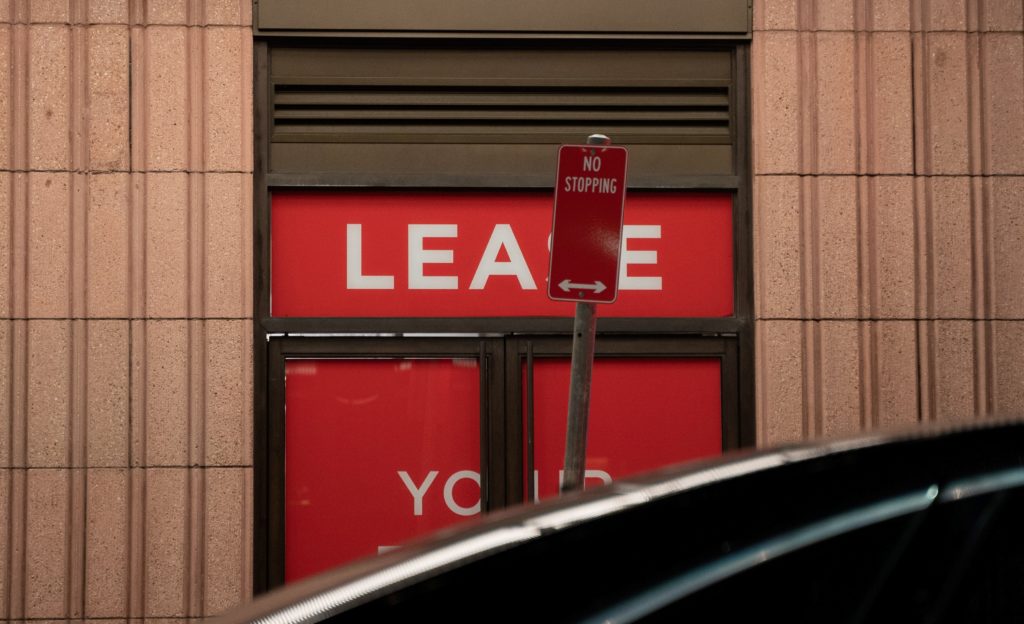By Steven Milstein and John Flouskakos

Although the term of a lease is fixed, often times a lease will contain an extension option. An extension option essentially allows for a tenant to extend the term of its lease (so long as the tenant is not in default thereunder). The tricky part of extension options is determining how to calculate the monthly rent for the extension period. A landlord may be worried that the simple rent escalations provided for in the lease won’t sufficiently account for the potential market change, and therefore a landlord would want to leave the rental amount for the extension period up to the landlord’s sole determination. A tenant may be worried that the landlord will hike up the rent too much, or the market change will require the rental rate to be at an unaffordable rate. Therefore, the tenant will want to set a reasonable rental rate for the extension period. There are many ways to set forth the extension period rental rate. This article will discuss three such ways.
Baseball Arbitration
The first option is what is known as “Baseball Arbitration.” Its name derives from how Major League Baseball contracts are negotiated early on in a player’s career. Baseball arbitration, in leasing terms, is provided for in a lease for the purpose of determining the rental rate for an extension period, and can triggered when both the landlord and tenant are unable to come to an agreement on what that rate should be. Both sides will provide a good faith estimate (backed by reasonable evidence for their determination) to an arbitrator for what they believe to be the fair market value of the rental rate. Provided that the same is provided for in the actual lease agreement, if each of the landlord’s and tenant’s determination on what the fair market value is are within a pre-determined percentage, the arbitrator will average the two numbers out to set the rental rate for the extension period. If the two sides are not within the pre-determined percentage, the arbitrator will choose one sides evaluation, depending on what the arbitrator deems to be closer to the actual fair market value.
Pre-Determined Escalation
A second method for determining the rental rate for an extension period is to set forth a pre-determined increase for an extension period. Increases in rent, year-over-year, are generally between 103% and 105% of the immediately preceding rental year. Using a pre-determined increase is beneficial in that both the landlord and tenant will be aware of what the rental rate is without having to spend any money or time figuring that out. The negative with such a method is that the leasing market is constantly changing. For a strong leasing period, a pre-determined amount may limit the actual value of the premises that the landlord can recognize. In a weak market, the landlord may be able to receive more value for the premises than what the premises is actually worth at that time.
Mediation
A third method for determining the rental rate for an extension period is mediation. Mediation allows for a landlord and tenant to negotiate the extension rental rate with the help of an independent mediator. Unlike arbitration, in mediation the final decision is not made by an arbitrator. Rather, the rental value will be made between the landlord and tenant themselves. Here the mediator does not act as the judge, rather the mediator is present to ensure that the landlord and tenant are cooperating with one another. This method is intriguing because if an agreement can be met, both the landlord and tenant can be content knowing that they agreed to the rental rate. Unfortunately, there is a chance that talks can break down during a mediation, leading to both sides being dissatisfied with the lack of an outcome or agreement between the two and an extension may not be agreed upon.
As seen above, there are many ways to determine extension period rental rates. For more information, or for help on your next lease agreement, reach out to the knowledgeable real estate attorneys at KI Legal.
ATTORNEY ADVERTISING – This information is the most up to date news available as of the date posted. Please be advised that any information posted on the KI Legal Blog or Social Channels is being supplied for informational purposes only and is subject to change at any time. For more information, and clarity surrounding your individual organization or current situation, contact a member of the KI Legal team.
_____________________________________________________________________________________________
KI Legal focuses on guiding companies and businesses throughout the entire legal spectrum. KI Legal’s services generally fall under three broad-based practice group areas: Transactions, Litigation and General Counsel. Its extensive client base is primarily made up of real estate developers, managers, owners and operators, lending institutions, restaurant and hospitality groups, construction companies, investment funds, and asset management firms. KI Legal’s unwavering reputation for diligent and thoughtful representation has been established and sustained by its strong team of reputable attorneys and staff. For the latest updates, follow KI Legal on LinkedIn, Facebook, and Instagram. For more information, visit kilegal.com.
The post Lease Extensions and their Rental Rate appeared first on KI Legal.
